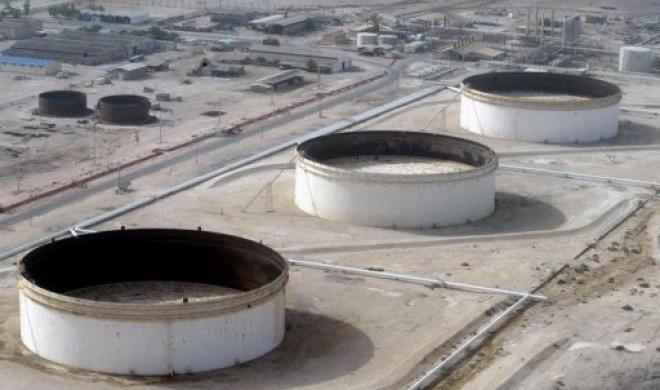
OPEC: THE HIGHEST OIL

OPEC raised crude output to the highest in more than three years as it pressed on with a strategy to protect market share and pressure competing producers.
Output from the Organization of Petroleum Exporting Countries rose by 230,100 barrels a day in November to 31.695 million a day, the highest since April 2012, as surging Iraqi volumes more than offset a slight pullback in Saudi Arabia. The organization is pumping about 900,000 barrels a day more than it anticipates will be needed next year.
Benchmark Brent crude dropped to a six-year low in London this week after OPEC effectively scrapped its output ceiling at a Dec. 4 meeting as de facto leader Saudi Arabia stuck to a policy of squeezing out rival producers. Members can pump as much as they please, despite a global surplus, Iran's Oil Minister Bijan Namdar Zanganeh said after the conference. Brent futures traded near $40 a barrel in London on Thursday.
Non-OPEC supply will fall by 380,000 barrels a day next year, averaging 57.14 million a day, with an expected contraction in the U.S. accounting for roughly half the drop, the organization said Thursday in its monthly report. It increased estimates for non-OPEC supply in 2015 by 280,000 barrels a day.
The group maintained projections for the amount of crude it will need to pump next year at 30.8 million barrels a day.
Iraqi Volumes
Iraqi production increased by 247,500 barrels a day to 4.3 million a day last month, according to external sources cited by the report, which didn't give a reason for the gain.
Iraq has pushed output to record levels this year as international companies develop fields in the south, while the semi-autonomous Kurdish region increases independent sales in the north, according to the International Energy Agency. Production had dipped in October as storms delayed southern loadings and as flows through the northern pipeline were disrupted, according to Iraq's Oil Ministry.
Production in Saudi Arabia slipped by 25,200 barrels a day to 10.13 million a day in November, OPEC's report showed.
The report didn't make any reference to how OPEC's data will re-incorporate output from Indonesia, which rejoined the organization on Dec. 4 after an absence of seven years.
-----
More:



